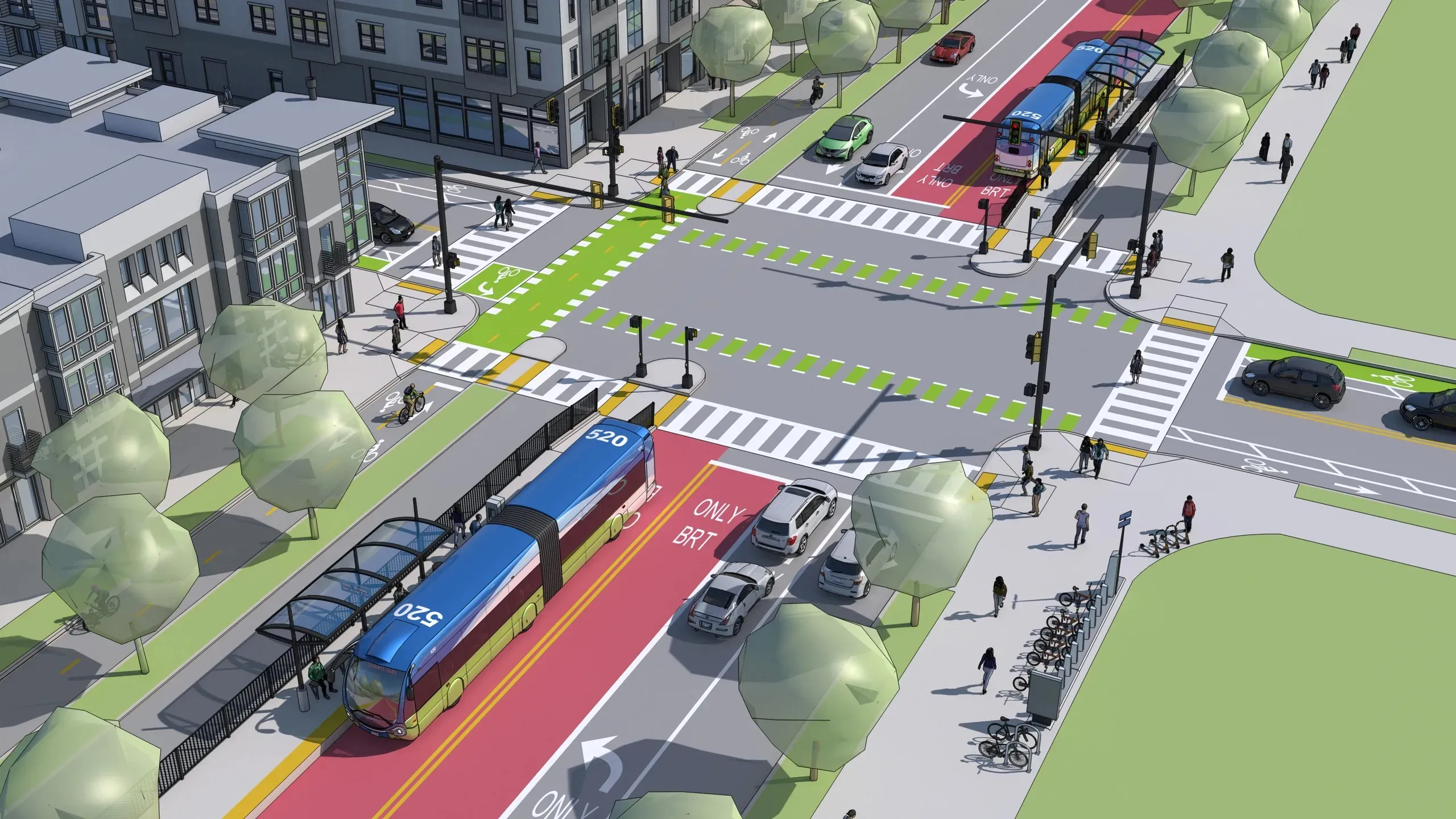
Road user charging is being considered for the UK as a future means for raising revenue.
The Times newspaper reports that UK chancellor Rishi Sunak has been given a paper on national road pricing by Treasury officials.
The plans are being revealed now as a way of generating revenue as the switchover from electric and diesel-fuelled vehicles to electric vehicles (EVs) continues.
Petrol and diesel are heavily taxed in the UK, providing significant revenue for the British government.
But as EV use grows, there is a need deliver another source of funding to replace the estimated £40 billion generated by duty on fuel.
The concept of road user charging is by no means new, having been mooted several times in the past.
But with far more EVs now on the roads, the concept has once again been suggested.
Technology has advanced considerably in recent years and with most modern vehicles now featuring GPS systems, determining location would not be as difficult as previously.
There are numerous different models being considered, though the most logical would be to set rates based on factors including distance travelled, whether journeys are made at peak times and if trips are made in congested urban areas.
Drivers travelling at night along quiet country roads for example would be required to pay considerably less than those using busy urban routes during the peak rush hour times.








